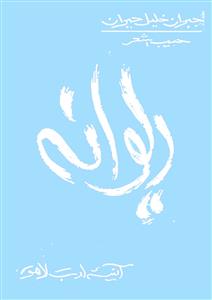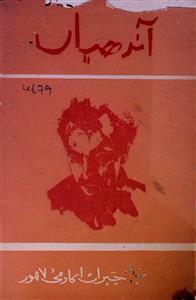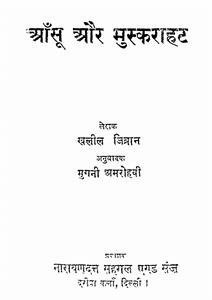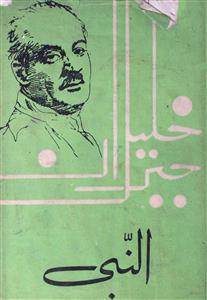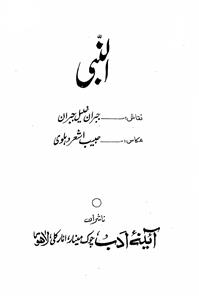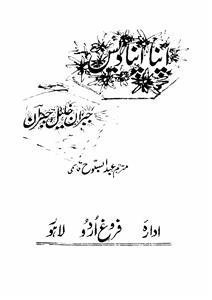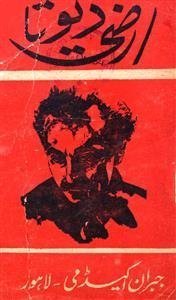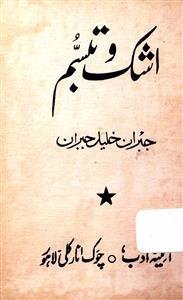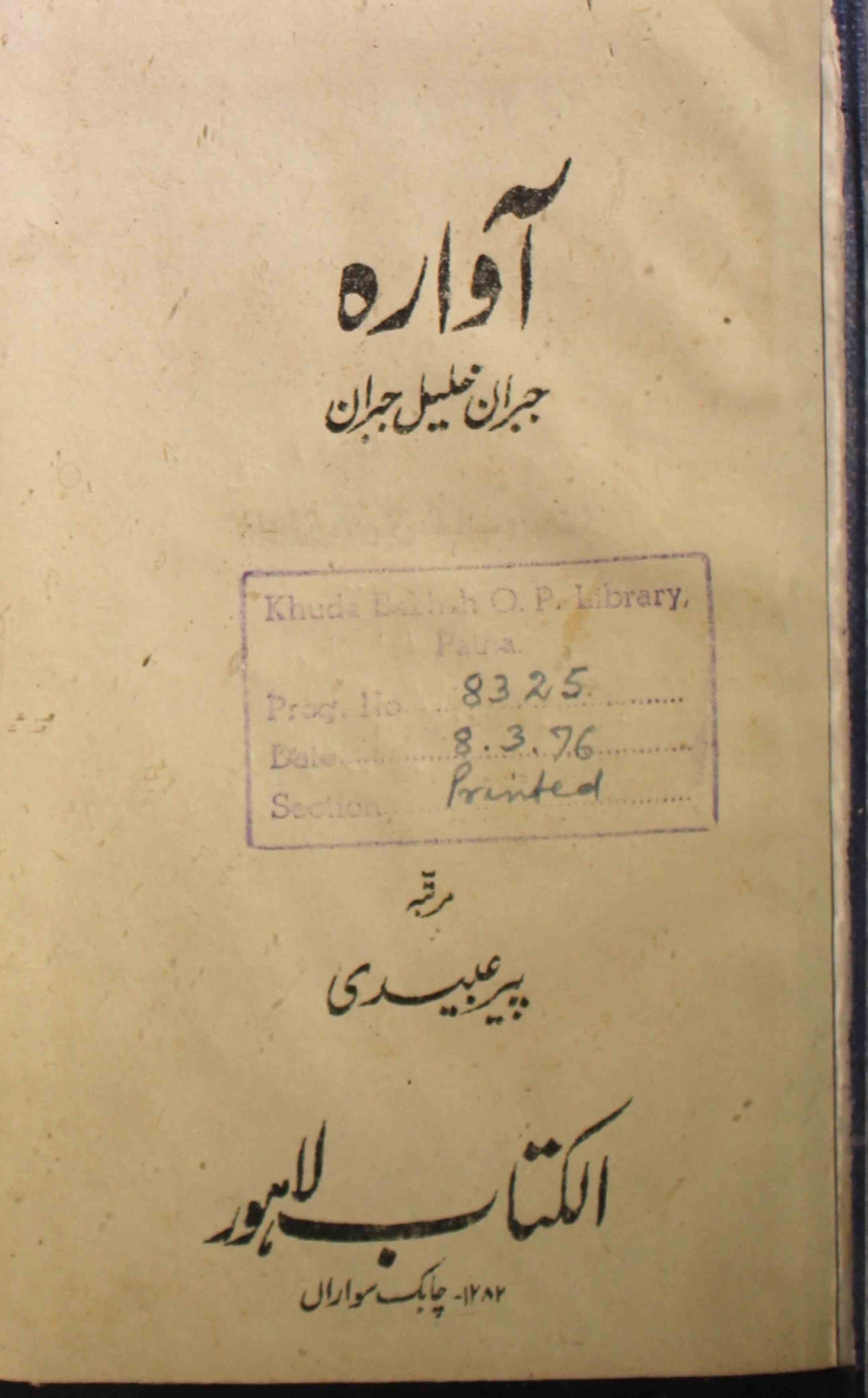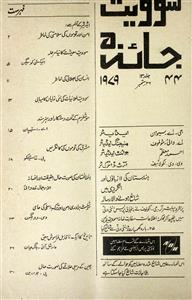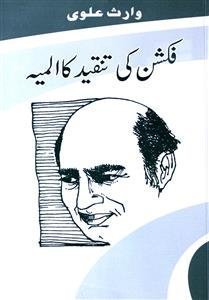 For any query/comment related to this ebook, please contact us at haidar.ali@rekhta.org
For any query/comment related to this ebook, please contact us at haidar.ali@rekhta.org
About The Author
Gibran Khalil Gibran (Kahlil Gibran) (1883-1931) was a Lebanese-American poet, philosopher, and artist, renowned for his profound and timeless works that have left an enduring impact on literature and spirituality. Born on January 6, 1883, in the town of Bsharri, in the Mount Lebanon Mutasarrifate, Gibran immigrated to the United States with his family at the age of 12.
Despite facing challenges as an immigrant, Gibran's artistic talents were recognized early on, and he found mentorship and support from the Boston artistic community. His first major work, "The Prophet," published in 1923, remains his most famous and influential piece. This collection of poetic essays on various aspects of life, love, and spirituality became a literary classic, beloved for its profound insights and poetic beauty.
Kahlil Gibran's oeuvre extends beyond "The Prophet" to include numerous essays, poems, and paintings. His writing often delved into themes of love, freedom, and the human condition, blending Eastern mysticism with Western philosophy. Gibran's works were celebrated for their universal appeal, transcending cultural boundaries and resonating with readers worldwide.
Apart from his literary achievements, Gibran was also a respected visual artist, producing paintings and drawings that reflected his unique style and vision. He maintained friendships with notable figures of his time, including fellow artists, writers, and intellectuals.
Kahlil Gibran's life was tragically cut short when he succumbed to cirrhosis of the liver on April 10, 1931, at the age of 48. Despite his relatively short life, Gibran's legacy endures, and his writings continue to inspire and captivate readers, making him one of the most cherished and influential figures in literature and philosophy.
 For any query/comment related to this ebook, please contact us at haidar.ali@rekhta.org
For any query/comment related to this ebook, please contact us at haidar.ali@rekhta.org
